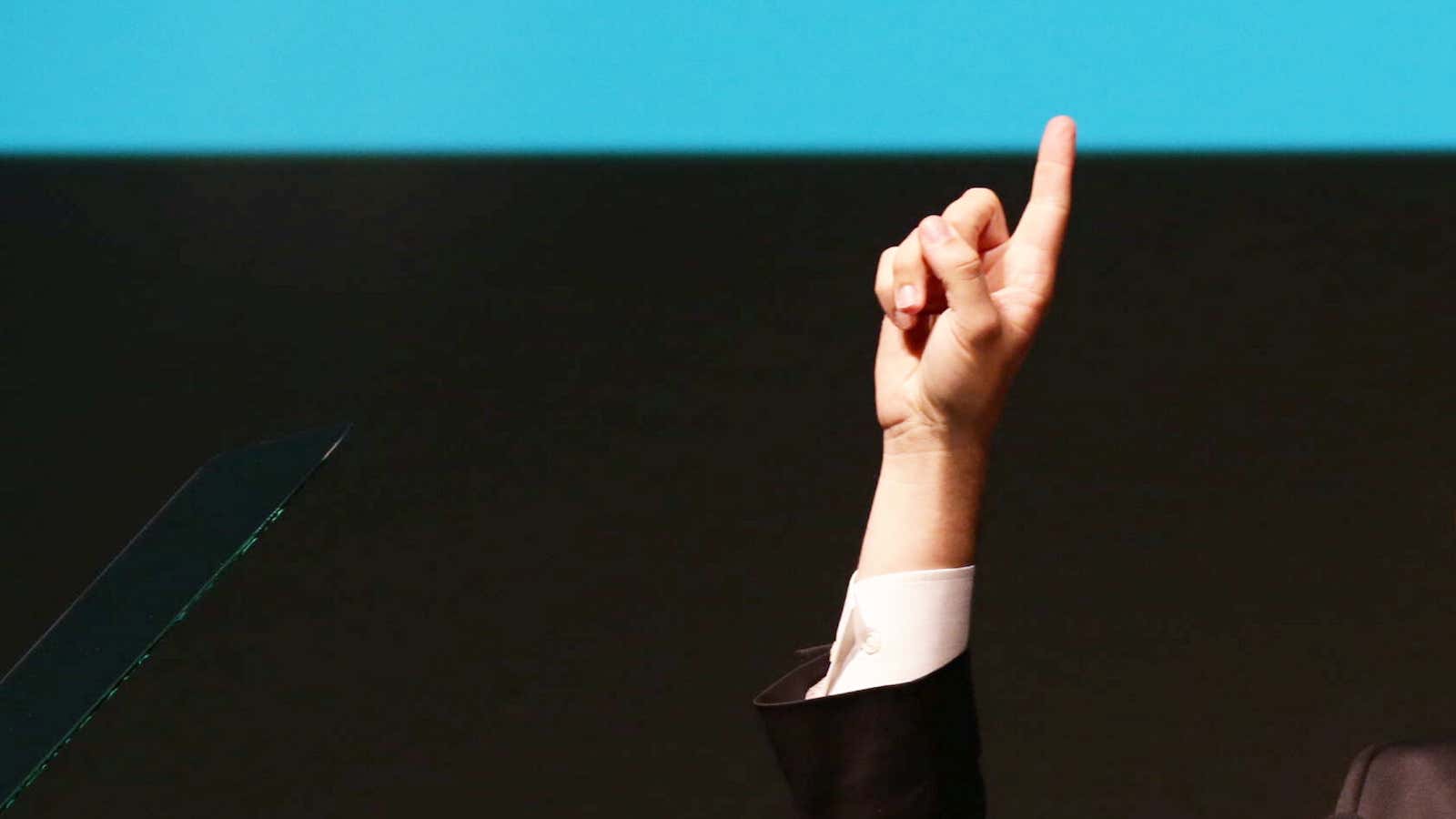Access to opportunity is not distributed equally.
For the past few decades, economists, governments, and private-sector professionals have focused on solutions such as accessible, quality education to bridge the skills divide, among many other fixes. But an often overlooked asset to address economic inequality is your network.
The power of a network cannot be overestimated. It’s a critical factor to securing a meaningful job and thus boosting economic equality. In fact, LinkedIn members are four times more likely to get a call with a recruiter—and nine times more likely to get hired—when they’ve been referred on the platform than if they apply without a referral. This trend is supported by countless studies from MIT and the Federal Reserve Bank to The Quarterly Journal of Economics, which found that referred applicants are more likely to be hired than non-referred applicants. The Search Institute has also found that 50% of jobs come through personal relationships.
This data begs an important question: What happens if you weren’t born into opportunity, or you don’t have access to a professional network that can be a source of referrals? In other words, what happens when you don’t have the networks needed to get a job that’s right for you?
This problem is most prevalent for women and minorities. Compared to white men, white women are 12% less likely to receive a referral, men of color are 26% less likely, and women of color are 35% less likely, according to a recent study. According to findings from researcher Steve McDonald, those in white male networks also receive twice as many job leads as people in female and minority networks.
We need to close the network gap in order to make meaningful progress toward reducing inequality. But this is not going to happen overnight. However, those with social capital have the power to help close it by championing what I call the “+1 pledge”: the intentional act of using your networks to help those without it. If each and every one of us applied “+1” in our professional and personal lives, we could change the playing field and start to democratize access to opportunity for everyone—not just those who were born into or have access to it.
Here’s how.
+1 to mentorship
Mentorship isn’t only about helping friends, neighbors, family, and coworkers. It’s also about mentoring people outside of your network who may not have access to valuable guidance in their lives. This could be conducting an informational interview with someone outside your network or bringing a mentee to a networking event or even a day at the office, thus providing access to a network that otherwise may be inaccessible. Through even just one interaction, you can open a door and change someone’s life.
After announcing my commitment to +1 during a speech at a conference, a woman came up to me and asked if she could be my first +1. We had different personal and professional backgrounds, hers in marketing, communications, and local community engagement, mine directly in large-scale social impact. She was interested to grow her career in the social-impact space, and after a few conversations on the phone and over email, I connected her with a contact in leadership at a prestigious foundation. A few months later, she landed a job there. She was absolutely qualified for it, but without my network in the social-impact space, she may not have known about the job, and her resume may not have been reviewed without the referral.
+1 to hiring
To truly create an equal playing field for those without access to networks, hiring practices must change. Regardless of your industry or profession, it’s important that all of us challenge the status quo at our companies and organizations to build hiring practices that bring in those without traditional backgrounds or four-year degrees.
Companies today—both big and small—are championing this commitment and changing the social-capital divide. There’s Slack’s new Next Chapter pilot program, which brings formerly incarcerated individuals onto their engineering teams; Bank of America’s Pathways program, which will hire 10,000 people from low- and moderate-income communities; and small businesses such as Greyston Bakery and Ovenly, which have open hiring practices where applicants without traditional resumes, interviews, and reference letters are given equal consideration as their peers with such credentials.
Each of us can commit to this in ways big and small. If you’re a hiring manager, interview at least one person for a position who is not in your first- or second-degree community. Or if you’re a mentee yourself, champion a change of hiring practices at your company to allow more diverse workmates to join your ranks.
+1 to leadership
Regardless of industry or role, think about how +1 can be part of the programs, products, and culture that you build, create, or lead each day. As a leader, this could range from implementing mentoring and coaching programs as part of the company culture to ensuring that the products you build don’t favor those with networks at the expense of those who don’t.
At LinkedIn, we are activating the +1 pledge in both our programs and our platform. This year, we created LinkedIn Coaches, a program built to expand and diversify the networks of those with low social capital through one-to-one coaching and career conversations with LinkedIn employees and members. We also have the Career Advice feature, which enables members of LinkedIn to raise their hand and ask for help, and for members of LinkedIn to volunteer to mentor them.
But what is arguably most compelling about this commitment is that sharing your network or changing hiring practices is not a zero-sum game: You’re still going to continue to help the people closest to you, but you can help others as well. If every person with social capital applied the same ethos to mentorship, leadership, and hiring, we could level the playing field, bring others up, and change society and culture at large.
